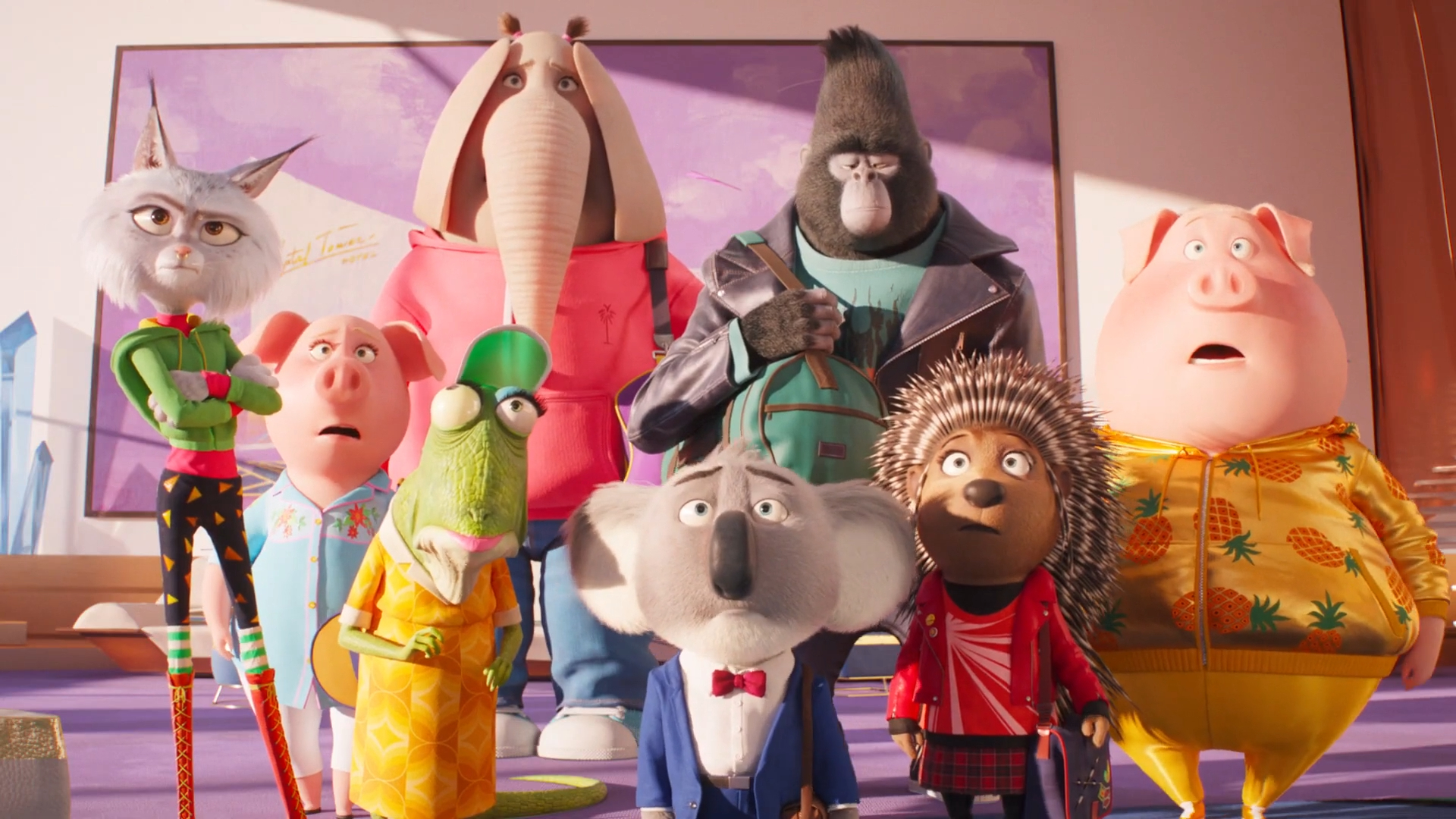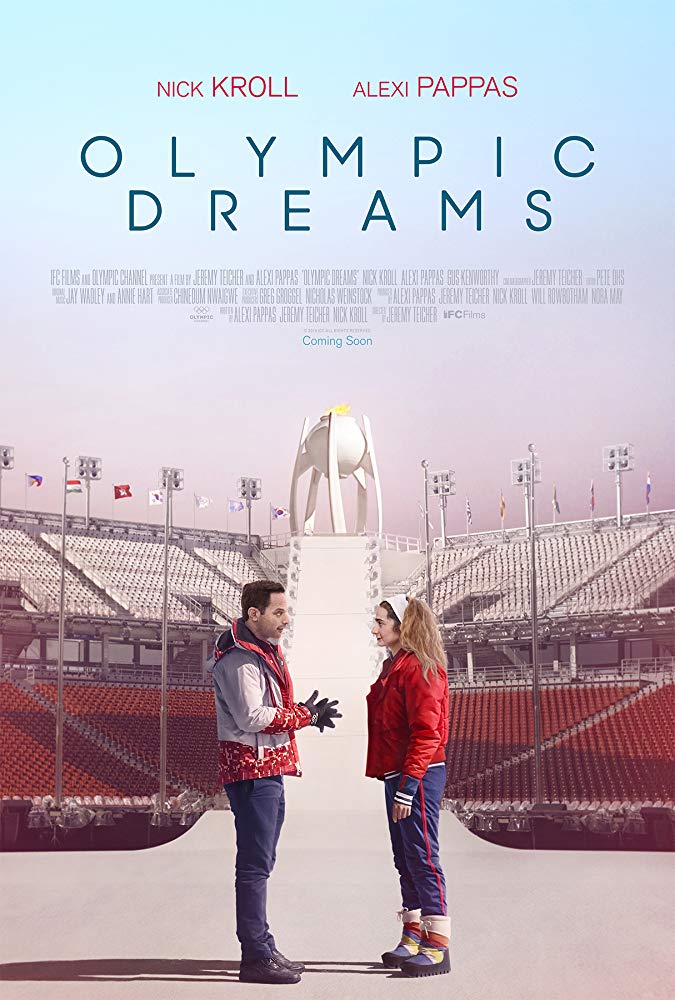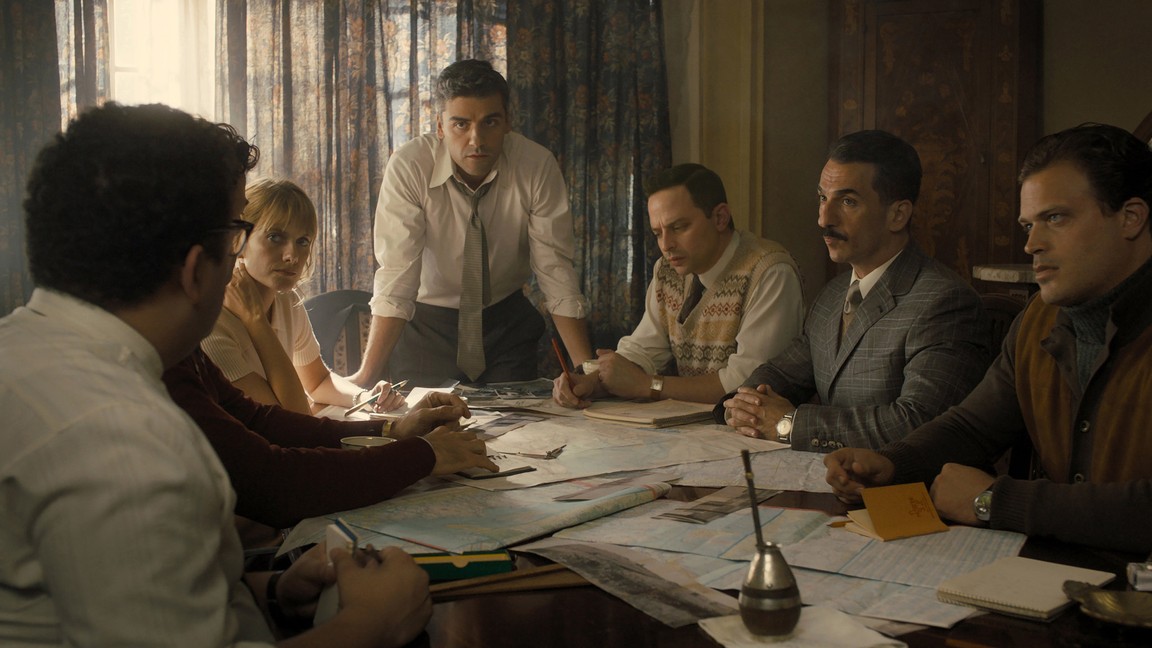Sing 2
Posted on December 22, 2021 at 11:00 am
B +| Lowest Recommended Age: | Kindergarten - 3rd Grade |
| MPAA Rating: | Rated PG for some rude material, mild peril/violence |
| Profanity: | Some schoolyard language |
| Alcohol/ Drugs: | None |
| Violence/ Scariness: | Some peril and threats of violence |
| Diversity Issues: | Some humor about a disabled character |
| Date Released to Theaters: | December 22, 2021 |
| Date Released to DVD: | March 28, 2022 |

Koala impressario Buster Moon (Matthew McConaughey) has a bigger dream than ever. He wants to take his performers to the entertainment capital of the world, Redshore City, with its enormous and ultra-glamorous theater, the Crystal Tower. It is run by Mr. Crystal (Bobby Cannavale), a tough-talking wolf who only agrees to let them put on their show if they can promise to deliver the lion rock star-turned recluse Clay Calloway (Bono). Moon promises that he will, though he has no idea where Calloway is or how to persuade him to return to performing. There’s a bigger problem. He has the performers, including porcupine Ash (Scarlett Johansson), pig and mother of innumerable piglets Rosita (Reese Witherspoon), gorilla Johnny (Taron Egerton), and shy elephant Meena (Tori Kelly). But despite what they promised Mr. Crystal, they do not have a show, only a concept from Gunter (Nick Kroll) of a space opera titled “Out of this World.” They don’t have enough information to tell the crew what kind of sets to build except that it is set on four different planets and there is a spaceship.
All of which sets up various shenanigans as the little group tries to keep Mr. Crystal from finding out what is going on as they track down Clay Calloway and get the show ready. There are some additional complicating factors. Crystal’s spoiled daughter Porsha wants to be in the show even though her acting is terrible (she can sing, though; she is voiced by pop star Halsey), and her daddy thinks she should have whatever she wants. Johnny cannot learn the complicated moves from the choreographer. Meena’s new co-star is an arrogant Yak (Eric André), who intimidates her. The ice cream guy, though, has her bashful heart fluttering.
All of this is done with heart and humor that will delight young audiences while the parents will get a kick out of the eclectic mix of songs, from Grammy-winning favorites to esoteric Indies and even a little Prokofiev. The audition scene is like a lightning round of Name That Tune. Bono’s rumble makes a great vocal contribution as Clay, and the poignance of his grief gives the story greater heft. There’s even a new U2 song on the soundtrack to underscore in both senses of the word) the way that music can heal and connect. It adds to the ebullience of the film, and like all great music, inspires calls for an encore.
Parents should know that there is some cartoon-style peril and threats of violence and some mild humor about a character’s disability, in addition to some schoolyard language.
Family discussion: Which character is your favorite? What musical show would you like to create? What is Porsha good at?
If you like this, try: the first “Sing” and the Trolls movies.





